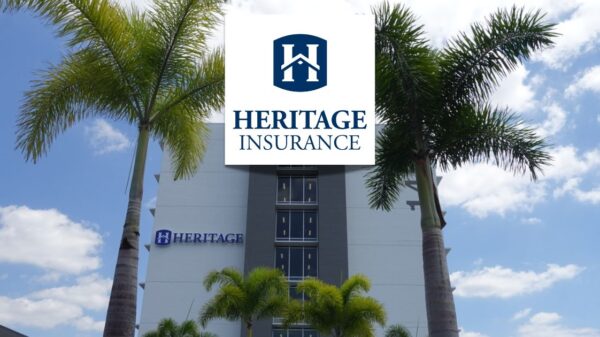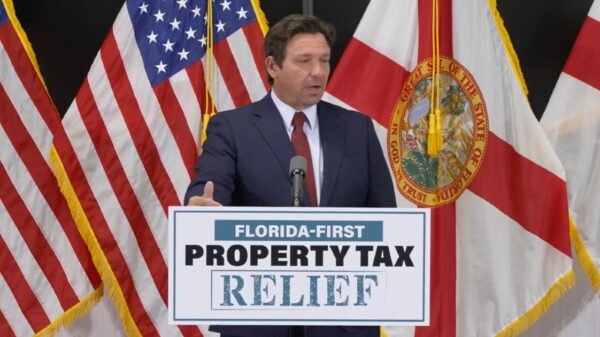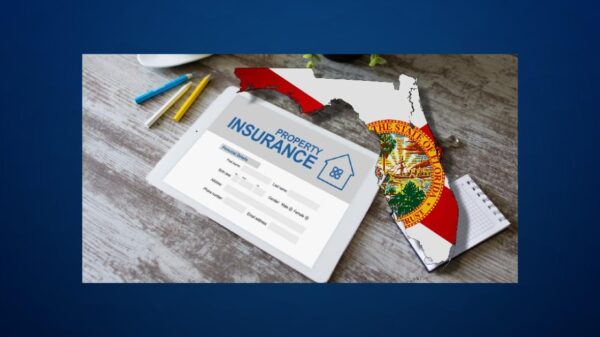With the beginning of hurricane season around the corner, State officials warn Florida homeowners to be careful of companies offering “special deals” to consumers looking to purchase solar panels.
Florida’s Chief Financial Officer (CFO), Jimmy Patronis, issued a consumer alert that some of the products used to manufacture solar panels are cheap materials from countries like China. Patronis also says consumers need to be leery of including impacts on insurance costs and pushy sales tactics.
Florida and several states have seen a massive increase in residential solar panel installations. However, the potential hazards to these installations could result in compromised roof integrity, an increase in homeowners’ insurance, and difficulty finding property insurance coverage.
In the Florida market, the CFO’s office says only certain insurance companies cover homes with solar panels, limiting the options of these households right off the bat. Reports show that these homeowners could also see higher premiums over time due to a need for specialized coverage or for the replacement of a solar panel because they are outside and are more vulnerable to the elements.
Consumer analysts also point out that the weight of a solar panel could potentially cause structural damage to your roof over time and cause complications when you decide to sell your home. If you have a solar panel, it’s recommended to have a professional roof inspection every few years to ensure that the integrity of your roof is not being impacted.
Tips to Consider Before Purchasing Solar Panels
Do insurance research. Get multiple property insurance quotes to ensure the solar panels are insurable when installed on your roof, and research the impact on your premiums. Will they replace them in the event of a hurricane or natural disaster? Will you be liable if the panels come loose in a storm and damage someone’s property? These are the questions you need to ask.
Is this product right for your roof? Most panels are installed on roofs. Ensure your home can support the installation and the wear and tear over time.
Don’t fall for sales pitches. Just as with any purchase, be suspicious of door-to-door salesmen promising big discounts or free offers. The Better Business Bureau has received numerous reports of solar panel scams promising big deals and free roofs.
What if you sell your home? If you are financing your solar panels, you may be on the hook for the full price if you sell your home. Read the fine print and understand your obligations when you sell your home or business.
Patronis says the helpful tips will help Floridians protect themselves from possible property insurance premiums and other pitfalls when purchasing solar panels and having them installed on the roof of their home or business.




















